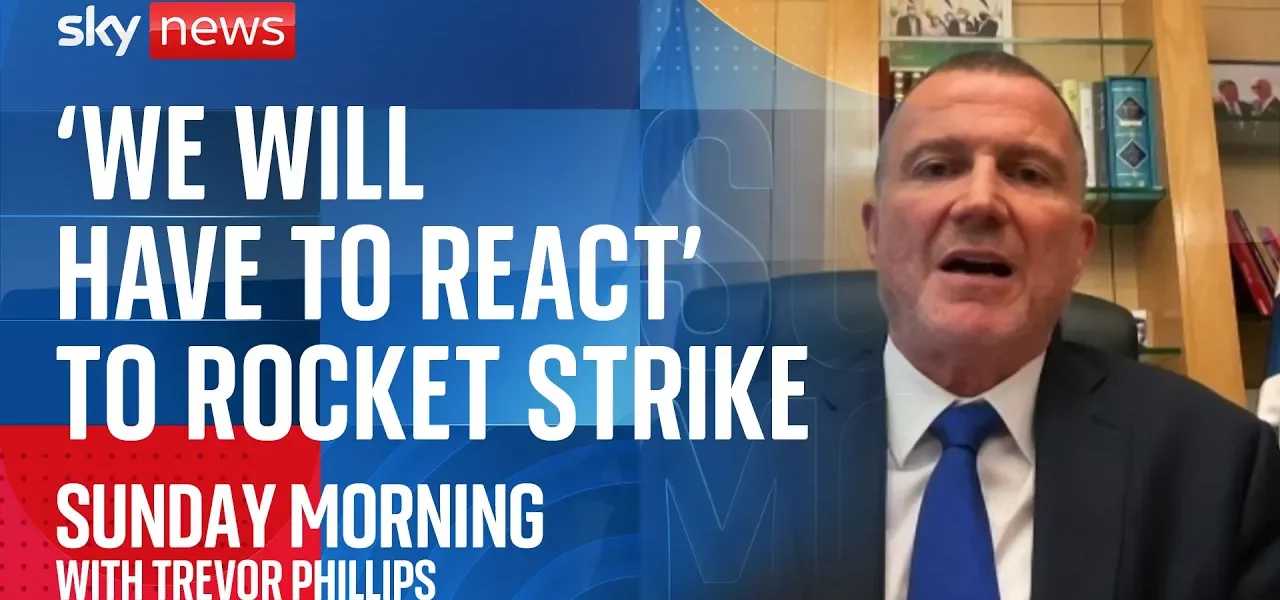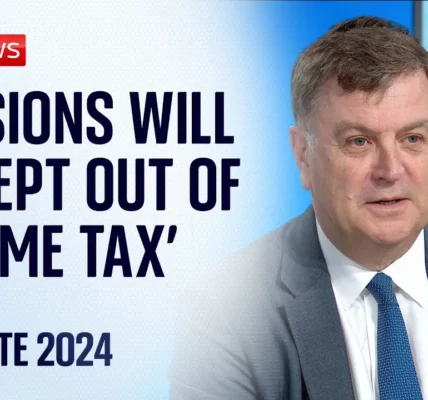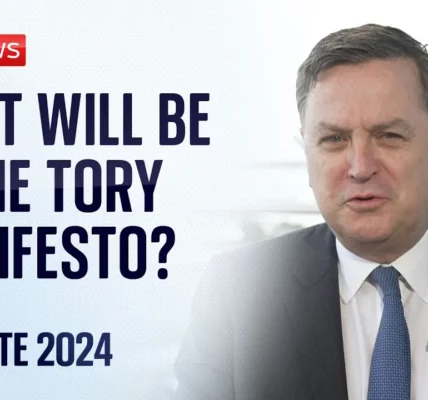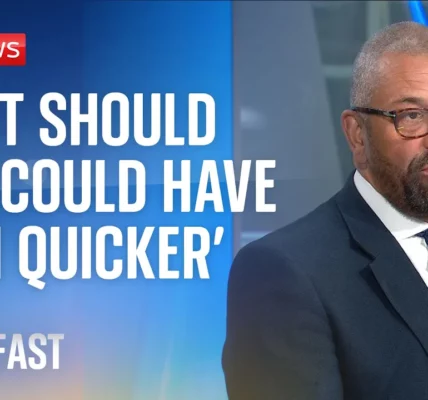Attack on Goan Heights: Understanding the Implications and Responses

This article provides a comprehensive analysis of the recent attack in Goan Heights, the Iranian involvement, the Israeli response, and the broader implications for peace in the region. By examining the events and reactions, we aim to shed light on the complexities of the ongoing conflict.
Introduction
The tragic attack on Goan Heights has sparked outrage and deep concern both locally and internationally. This incident, involving a FAL-1 rocket produced in Iran, was fired by Hezbollah and resulted in the deaths of 12 children from the DWIs community, who were innocently playing football. The ramifications of this event extend beyond immediate grief, as it highlights the continuing cycle of violence and the geopolitical tensions in the region. Understanding the dynamics at play is crucial for grasping the larger context of this conflict.
Details of the Goan Heights Attack
The attack on Goan Heights has drawn significant attention for its brutality and the involvement of Iranian proxies. Below, we delve into the critical aspects of this tragic event.
The Weapon and Its Origin
The FAL-1 rocket, identified as the weapon used in the attack, has origins linked directly to Iranian military production. This connection raises serious concerns regarding Iran’s role in supporting militant groups like Hezbollah.
The Impact on Civilians
This attack has not only resulted in the death of children but has also left dozens injured. The psychological impact on the community is profound, with families mourning the loss of their loved ones and a community grappling with the aftermath of such violence.
International Reactions
- Condemnation from various international leaders.
- Calls for accountability and justice for the victims.
- Reactions from Iran, accusing Israel of aggression.
The Role of Iran and Its Proxies
Iran’s involvement in the conflict and its support for militant groups like Hezbollah and Hamas is pivotal to understanding the broader implications of the Goan Heights attack.
Iran’s Strategic Objectives
Iran perceives its support for these groups as part of a larger strategy to challenge Israeli presence and influence in the region. Their ultimate goal appears to be the undermining of the Israeli state.
Hezbollah’s Actions
Hezbollah’s actions in this conflict are not isolated incidents but part of a systematic approach to destabilize the region. Understanding their motives is essential for addressing future threats.
Israeli Response to the Attacks
In the wake of the attack, the Israeli government has faced pressure to respond decisively. The approaches taken can be categorized into various strategic responses.
Operational Military Responses
Israel’s military response aims to neutralize the threats posed by Hezbollah and Hamas, focusing on dismantling their operational capabilities.
Political and Diplomatic Considerations
While military action is one avenue, Israel also engages in diplomatic efforts to rally international support against Iranian aggression.
The Call for Peace Accords
Despite the ongoing conflict, there is a persistent call for peace accords with neighboring states, emphasizing the need for a stable future.
Broader Implications for the Region
The attack and subsequent responses have far-reaching consequences for the region’s stability and the future of Israeli relations with its neighbors.
The Cycle of Violence
The ongoing cycle of violence perpetuates fear and instability, making it difficult for any peace process to take root.
The Role of International Community
The international community’s role is critical in mediating conflicts and ensuring that all parties are held accountable for their actions.
Conclusion
The attack on Goan Heights serves as a stark reminder of the ongoing challenges faced in the region. The loss of innocent lives is a tragedy that resonates deeply, and the international community must act to prevent such events from occurring in the future. As Israel navigates its response, it must balance the pursuit of security with the need for a sustainable peace. We encourage readers to stay informed and engaged with the developments in this complex situation, as peace in the region is vital for all involved.
“`




